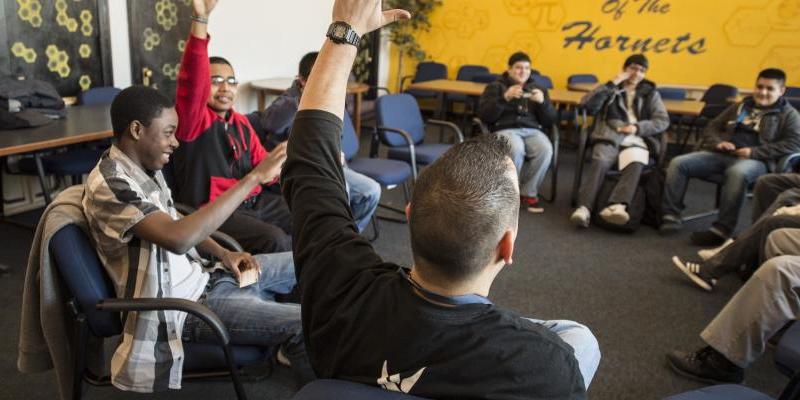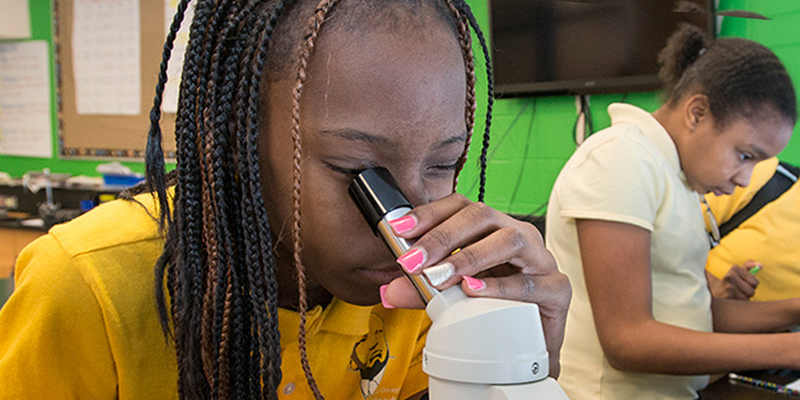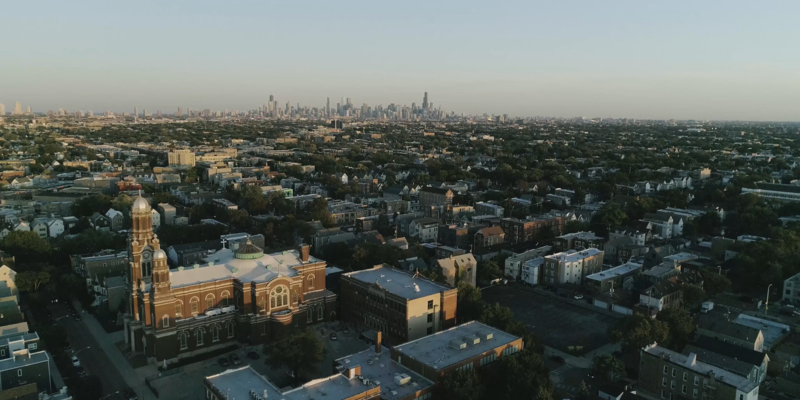Energy & Environment Lab University of Chicago and Delhi Government Launch Challenge for Local Solutions for a Better Environment
Urban Labs / December 1, 2015
Delhi, India – The University of Chicago Urban Labs and the Delhi government today launched the Urban Labs Innovation Challenge: Delhi, an effort to improve air and water quality in one of the world’s most polluted cities. The Challenge will involve crowdsourcing inventive ideas for confronting Delhi’s environmental challenges from citizens, civic leaders, academics, corporations, and other institutions across India.
The Challenge winner will receive up to $300,000 and work with the Urban Labs’ Energy & Environment Lab, the Energy Policy Institute at the University of Chicago’s India Office (EPIC-India), and the Delhi government to pilot and test their idea. If the results are promising, the selected program could become a model for other cities in India and beyond.
“The deep challenges communities face are often best understood by the people on the ground,” says Michael Greenstone, the director of EPIC and the Urban Labs’ Energy & Environment Lab. “This Innovation Challenge taps those ideas, and relies on close collaboration between researchers and policymakers to make sure those novel ideas are also successful policies proven to work.”
Ashish Khetan, Vice Chairman of the Delhi Dialogue Commission says, “In a city of over 20 million people, only 20 – 30 % people have access to clean drinking water. The air in the city we all know is not fit to breathe. With the Urban Labs Challenge we look forward to seeing the kind of solutions Delhites will come up with. The people of Delhi helped us set our election agenda, now we turn to you again to help us implement this agenda by sending in possible solutions to make Delhi the best city to live in.” He further added “Thank you University of Chicago for reaching out to us with this proposal. We hope this collaboration becomes more fruitful year on year and we continue to benefit from the best academic minds at the university.”
The Delhi Challenge is the first of what Urban Labs hopes to be many international Innovation Challenges. Urban Labs recently announced the winners of a similar challenge in Chicago in October. The grants from that challenge will help the city identify, test and scale promising programs to help confront significant urban challenges in the public health, poverty, and energy and environment realms. One of the programs Urban Labs will pilot in Chicago will test whether insights from behavioral economics can improve energy efficiency and lower energy costs for low-income families.
“Testing the ideas in advance ensures not only that the policy is designed to work, but also that it can be effectively scaled up and implemented,” says Anant Sudarshan, executive director of EPIC-India. “We’re excited to be partnering with the Delhi government on this innovative approach to robust, evidence-based policymaking.”
The evidence-based policymaking approach has a record of success in India and beyond. In Gujarat, EPIC-India researchers worked with local officials to improve the environmental auditing system. Their pilot reforms reduced pollution by 28 percent and in January were officially adopted by the Gujarat government. In Chicago, a study of a youth violence prevention program called Becoming A Man (BAM)—initially studied after a similar crowdsourcing effort—found a 44 percent reduction in violent crime arrests. BAM has since been scaled and currently serves over 2,500 youth across the city.
To learn more about the Delhi Challenge and submit an idea, visit: urbanlabsdelhi.uchicago.in
# # # # #





